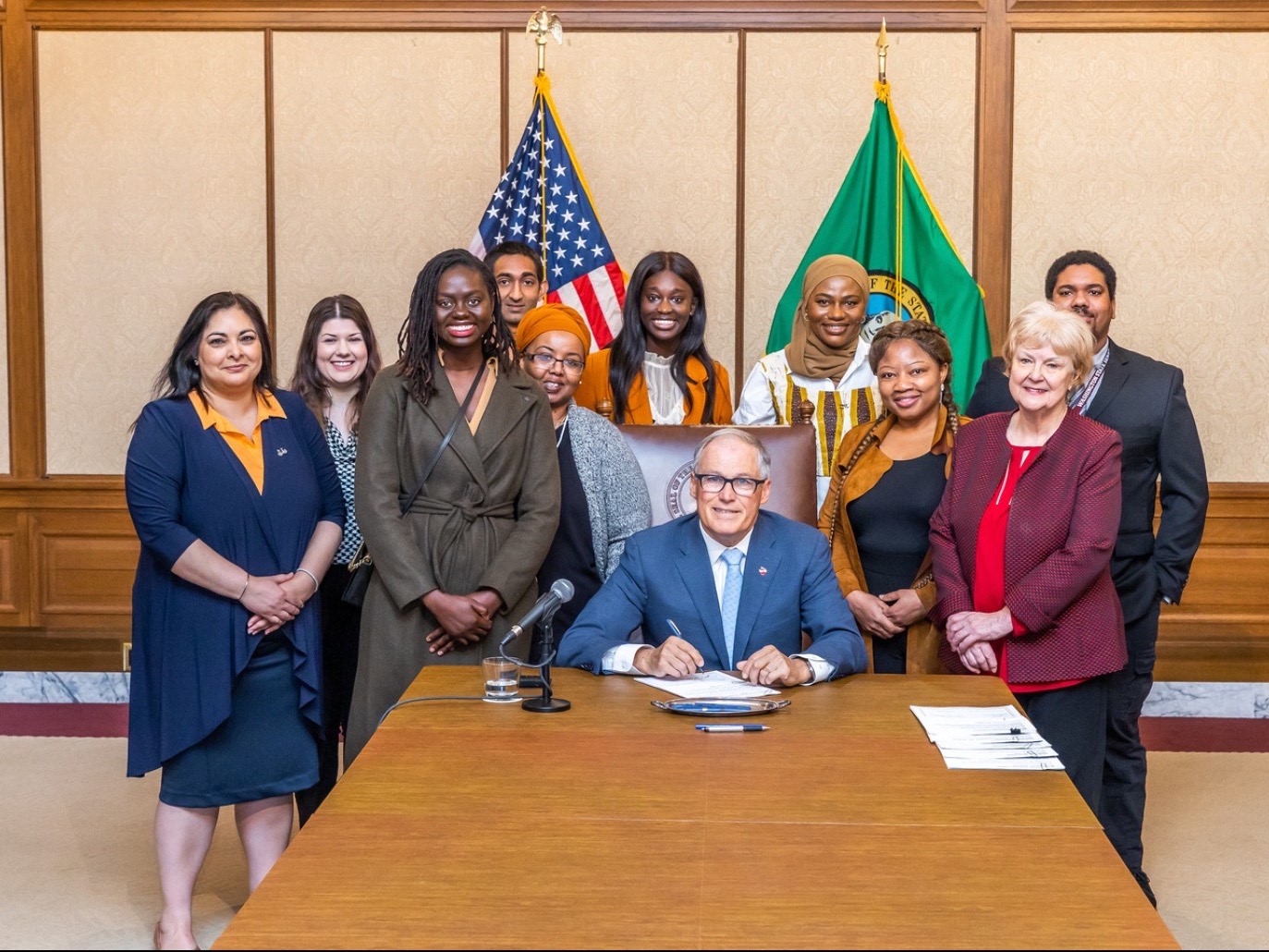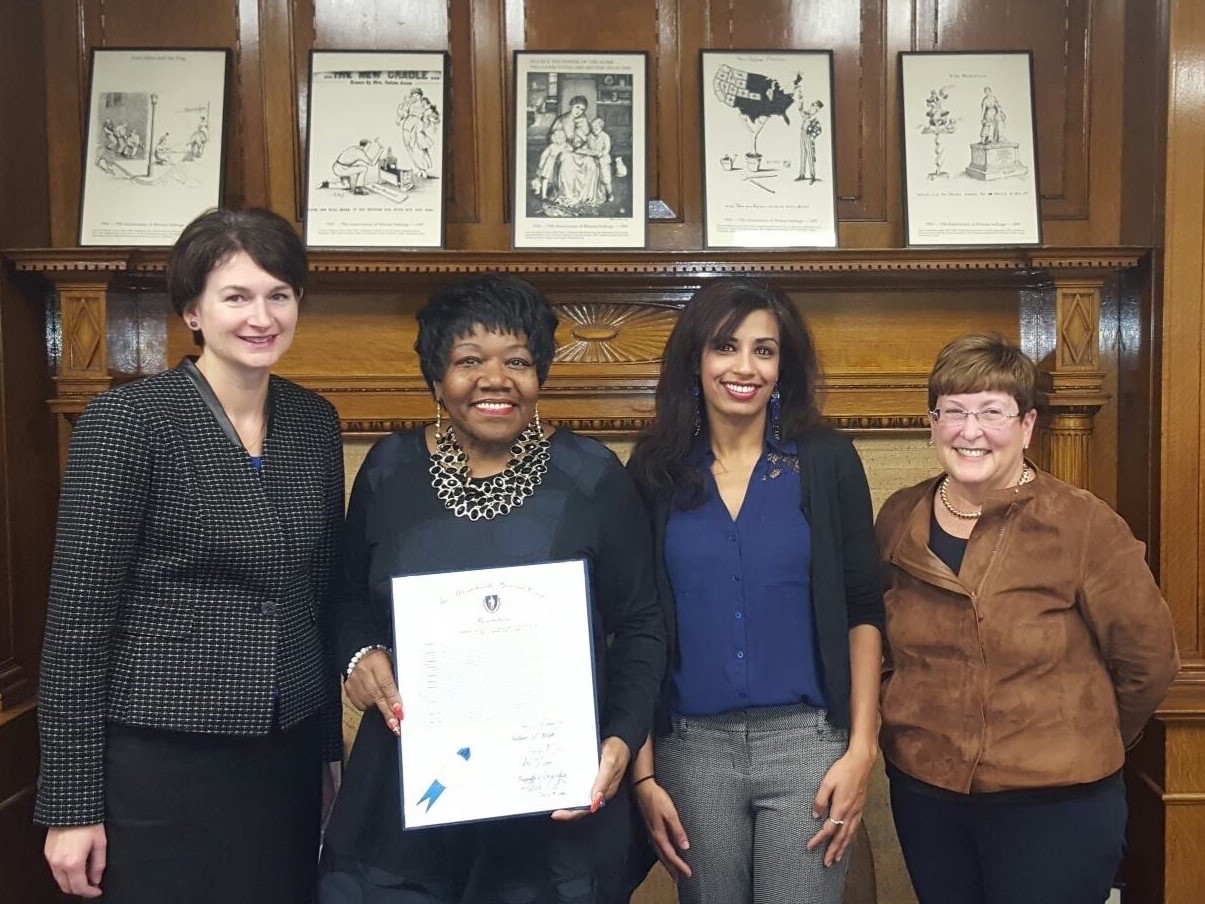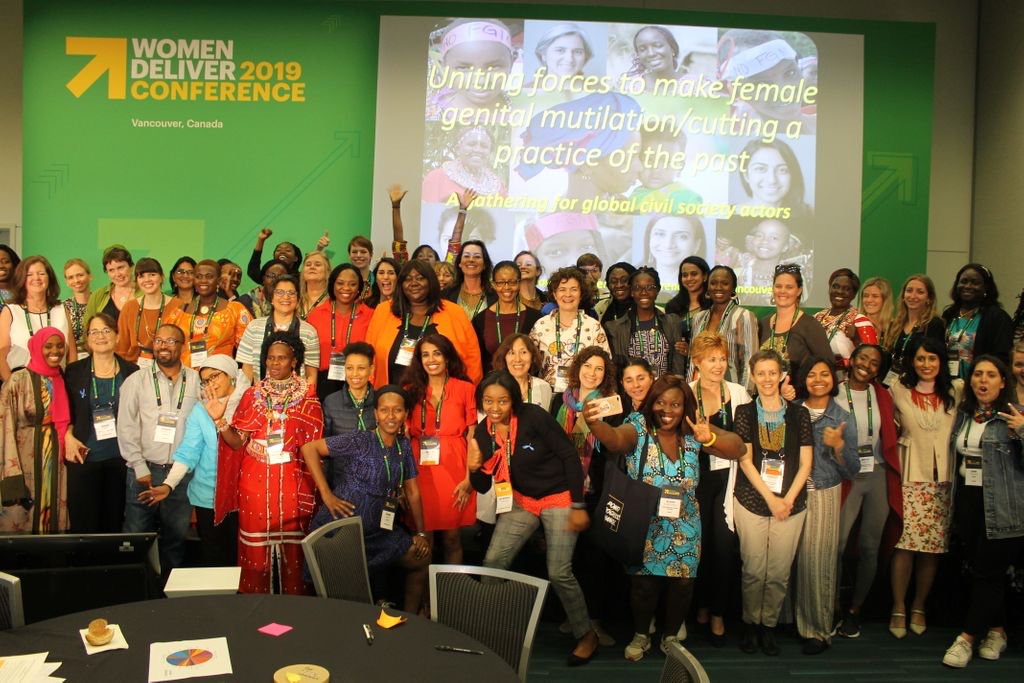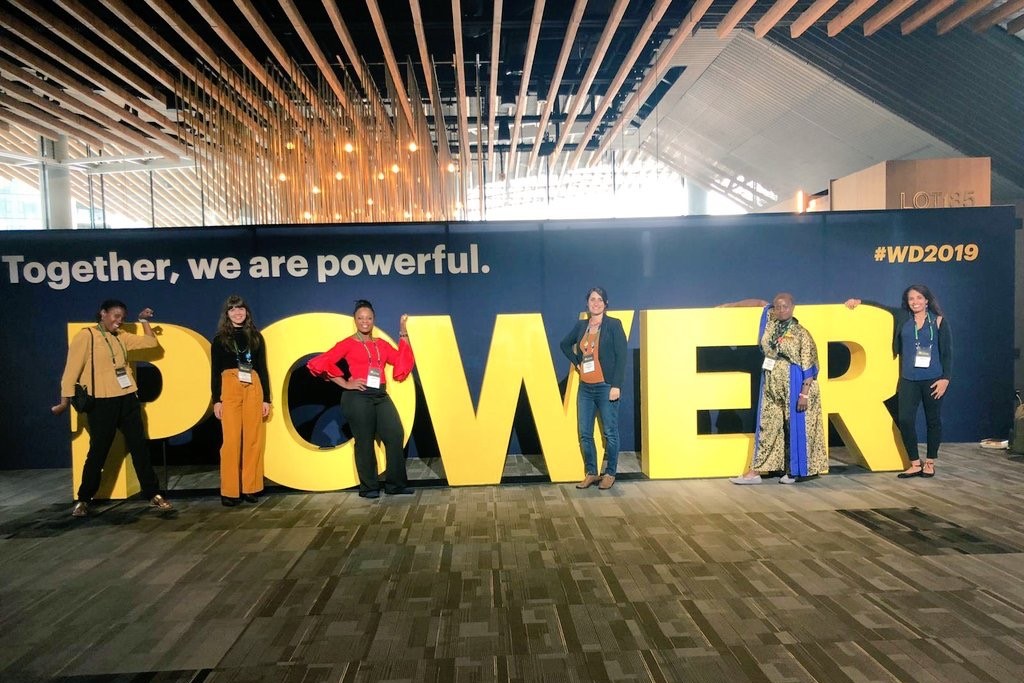Policy Outreach, Education, and Advocacy
Since its founding in 2015, Sahiyo has supported policy work to address female genital cutting (FGC) at the global, national, state, and local levels. We recognize that in order to achieve wide-scale abandonment of FGC and support survivors, policies, and laws should be informed by and created in partnership with communities impacted by female genital cutting.
Our advocacy work includes the following goals:
Laws can act as mechanisms to shape a community or individual’s behavior. As FGC is often considered a social norm in practicing communities, laws against FGC may prevent the practice. Policies can thus serve as educational tools, deterrents, influencers for communal social behavior change, and prevention mechanisms.
Global Level:
The Global Platform for Action to End FGM/C, of which Sahiyo is a founding member, is a consortium of civil society organizations, champions, survivors, and grassroots representatives united in a singular mission: to advocate and support the abandonment and prevention of FGM/C. The coalition was formed in June 2019 when now members came together at the 2019 Women Deliver conference to develop a global Call to Action to end FGM/C.
Read more:
National Level:
Sahiyo has supported advocacy at the national level in the U.S. and other countries, including India. We also make space for FGC-impacted communities to reflect on the political situations surrounding FGC laws and/or lack of laws in specific country contexts. Often, what is happening at the political level can feel out of one’s control, such as what occurred when the 1996 U.S. Federal Law on FGC was ruled unconstitutional. Building collective spaces that are safe to engage in these topics can provide community-wide healing for those impacted by FGC, and can also be vital to continuing civil advocacy on such topics.
Read More:
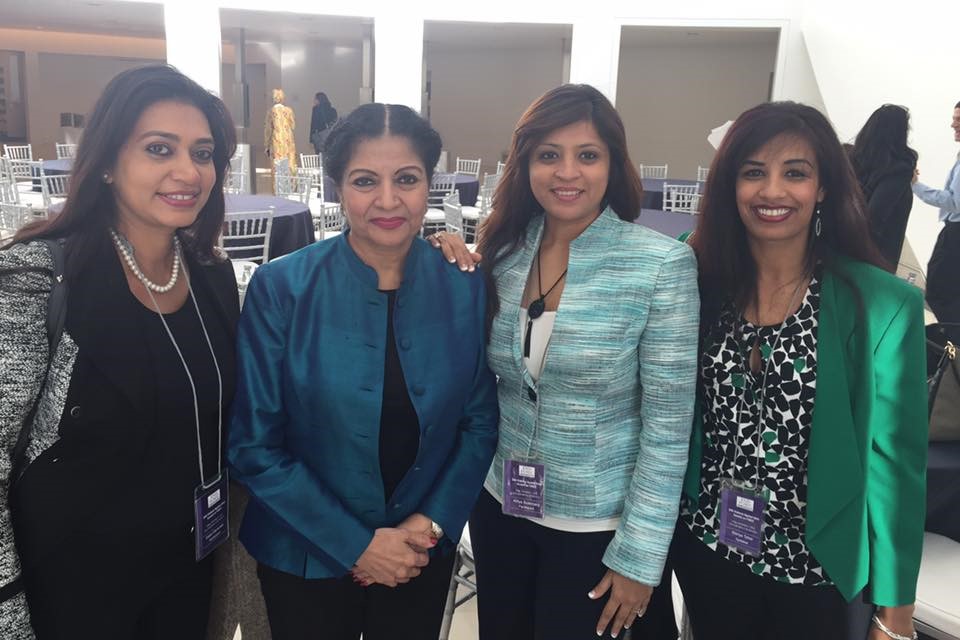
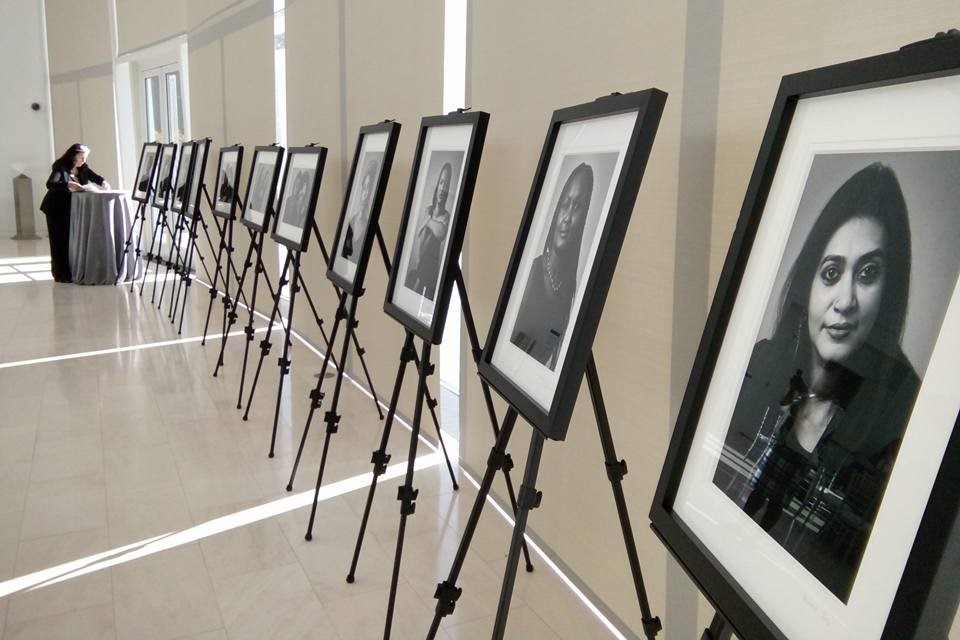
State Level:
Sahiyo has led state-level work, including building survivor and community-led coalitions in Massachusetts, Connecticut, and Washington, to raise awareness and education on FGC and the need for comprehensive state-level policy. Sahiyo has also engaged in grassroots advocacy to encourage FGC-impacted communities and survivors to get involved in policy efforts; hosted educational events and roundtable gatherings; and educated policy-makers on how to build culturally sensitive policies that do more than criminalize. This can include provisions for civil remedies for survivors, as well as education and outreach opportunities for impacted communities and frontline professionals like healthcare providers who may come in contact with at-risk children and/or survivors.
Read More:
